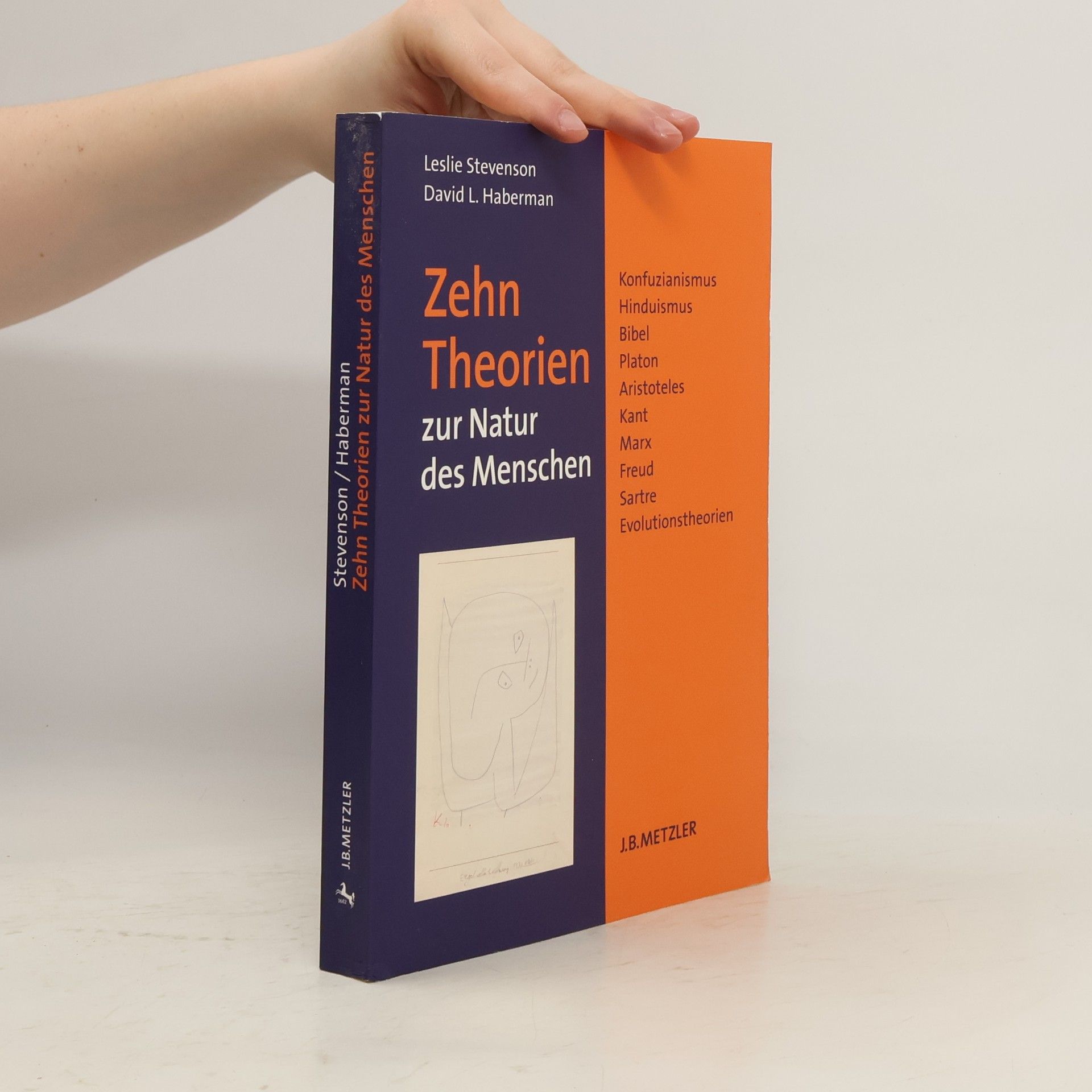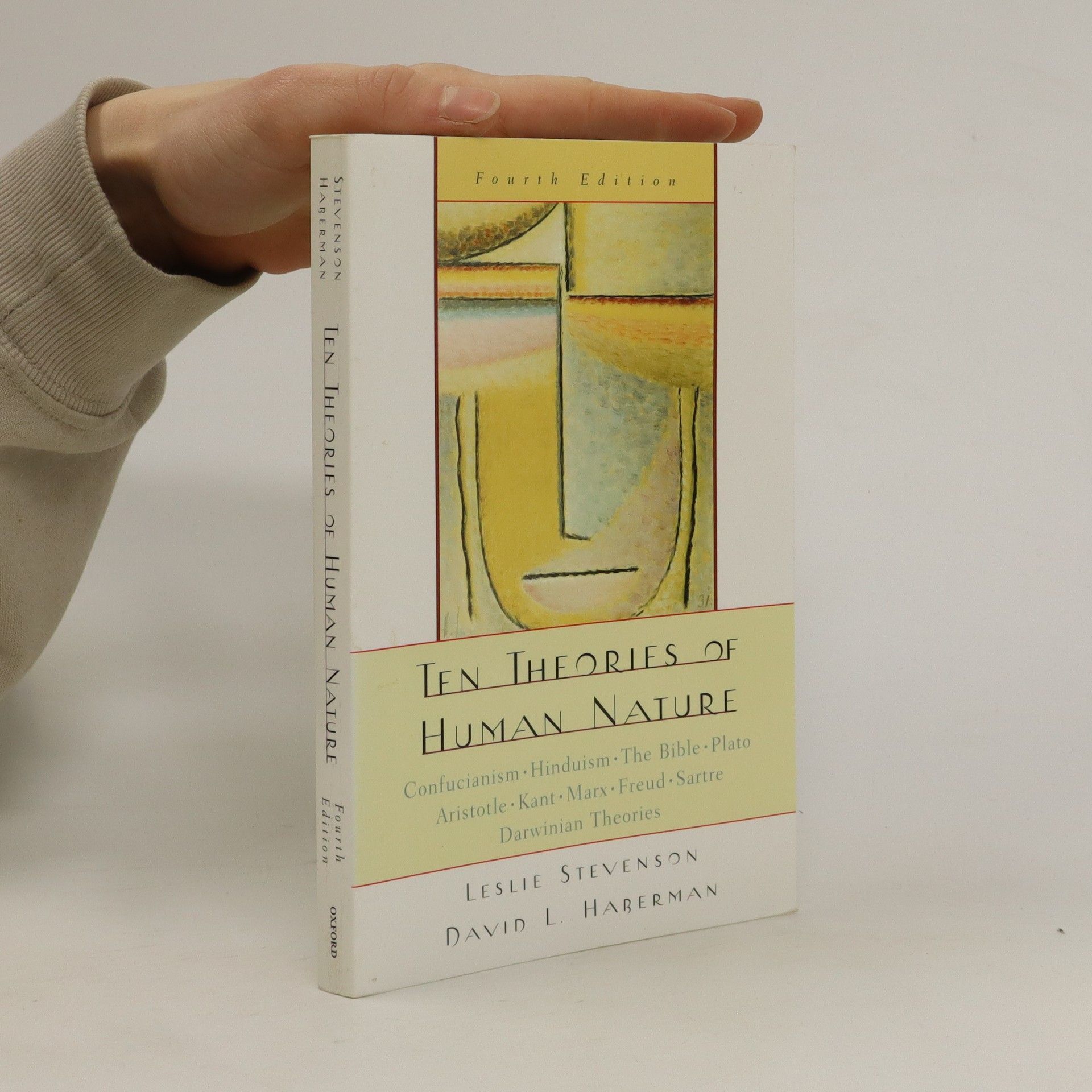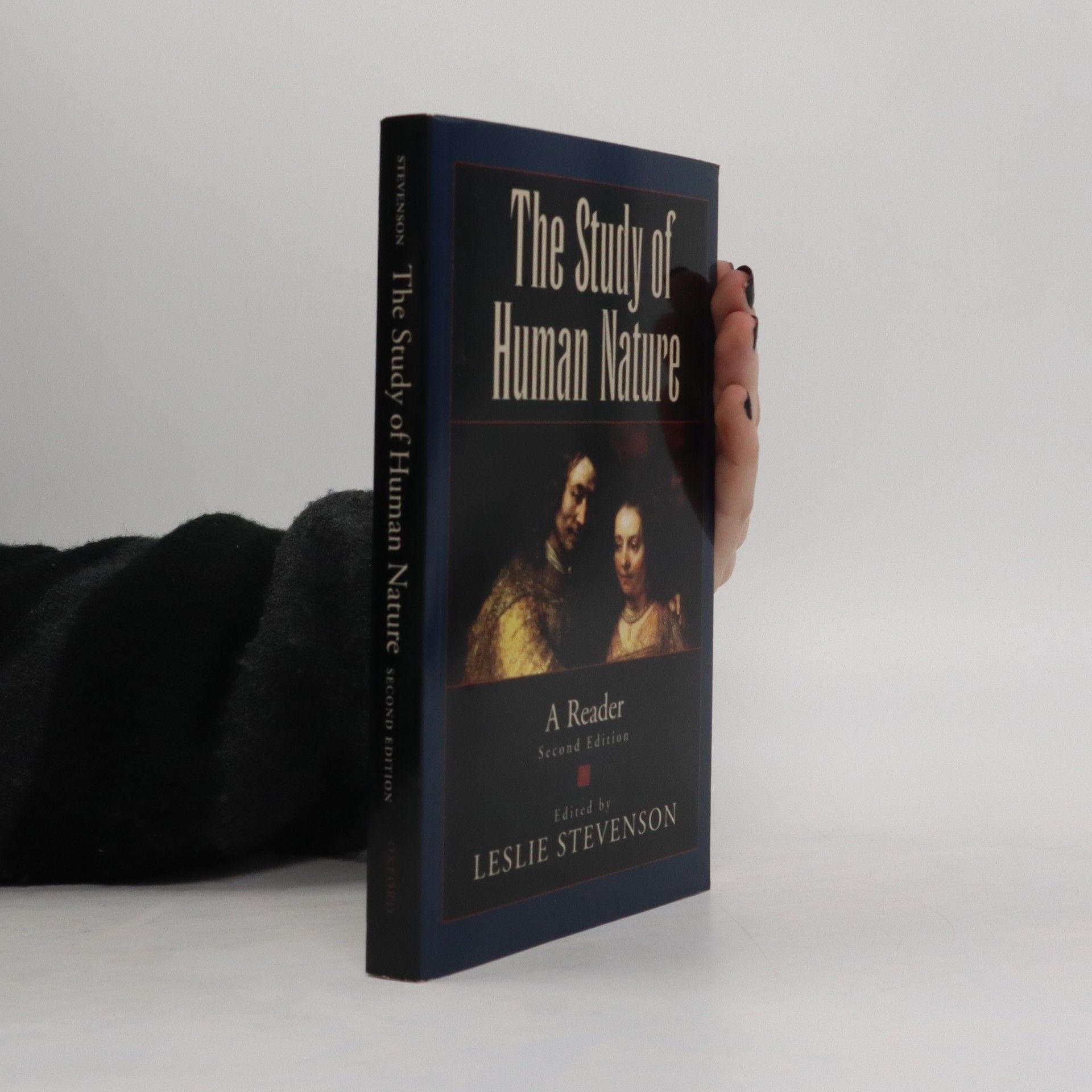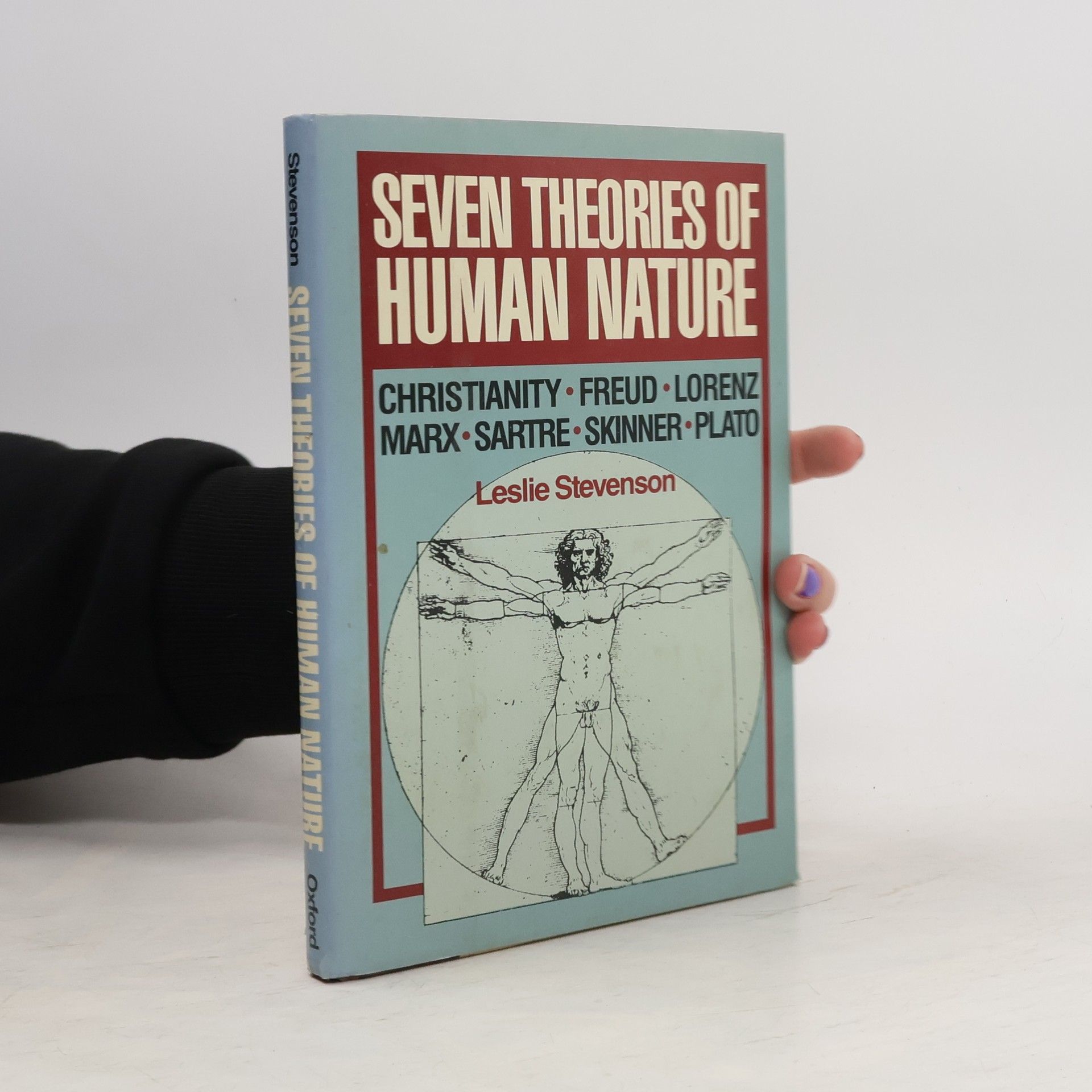18 spojrzeń na Boga
- 226 pages
- 8 hours of reading
Idea Boga miała znaczący wpływ na historię ludzkości, inspirując zarówno wspaniałe, jak i straszne czyny. Jednakże, co tak naprawdę kryje się za tą ideą? Kim jest Bóg? Wiele osób postrzega Boga jako istotę ludzką, podczas gdy inni widzą Go jako bezforemną, duchową postać, nieograniczoną czasem i przestrzenią. Dla niektórych Bóg to sposób doświadczania życia. Mimo że wielu ma niezachwianą wiarę, inni są niepewni swoich przekonań. Ten krótki przewodnik jest dla tych, którzy pragną zgłębić koncepcję Boga. Leslie Stevenson, filozof związany z Oksfordem i St. Andrews, omawia osiemnaście różnych spojrzeń na Boga, od tradycyjnych ujęć obecnych w kulturze, sztuce i języku, po bardziej abstrakcyjne koncepcje filozoficzne i teologiczne. Różnorodność tych perspektyw wzbogaca nasze postrzeganie boskości. Choć temat ten może budzić emocje, autor zachęca do chwilowego odłożenia własnych przekonań i spojrzenia na ideę Boga z intelektualną ciekawością. Każdy, niezależnie od wiary, może odkryć coś wartościowego w tej refleksji.




